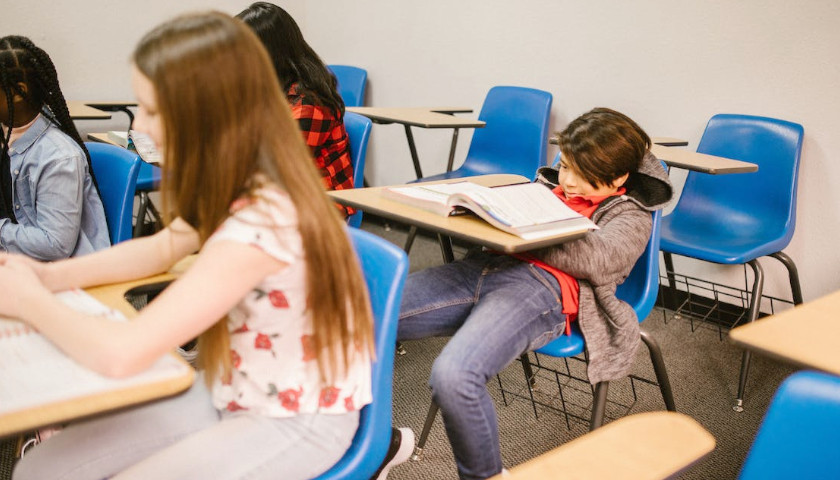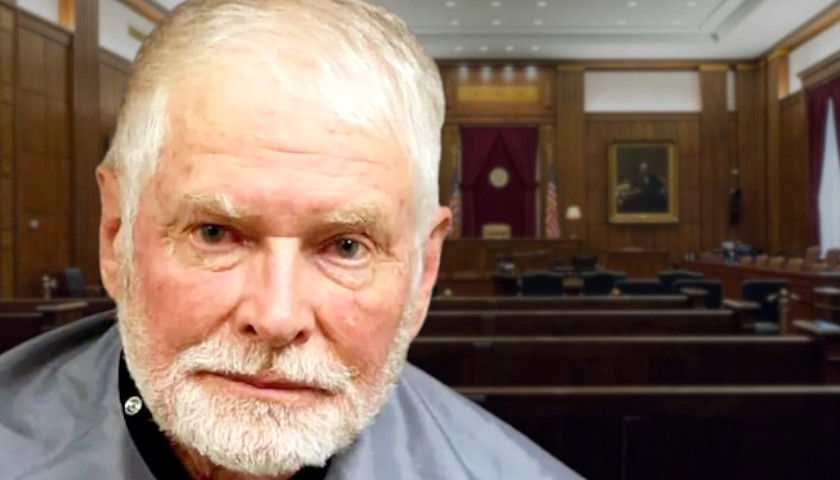by Christina Lengyel
A proposal that recently cleared the House Education Committee would consider mental health days as excused absences for students.
The bill was one of three approved Thursday after lawmakers fielded testimony about the public education system’s struggle to offer comprehensive mental health support to students.
House Bill 1519 grants parents up to three mental health days per year under the umbrella of excused absences under the state’s truancy codes. The bill reflects practices already put in place by many districts.
“This is an important legislation because it’s codifying what so many of us already do, which is placing the mental health of our young people on the forefront,” said the bill’s sponsor, Rep. Napoleon Nelson, D-Glenside.
Committee members voted 14-11 along party lines with dissent issued by Minority Chairman Rep. Jesse Topper, R-Bedford.
“For many of our most at-risk students, being in school might be what’s best for them,” said Topper, who was himself home-schooled. He suggested that mental health days should require involvement from and official documentation by a medical professional.
Nelson emphasized that the bill allows the state to put “parents’ voices first,” by giving them the leeway to determine what’s best for their children.
Next on the docket was House Bill 1553, which requires schools to include phone numbers for suicide prevention hotlines on student IDs where IDs are already issued. Additionally, it requires schools to post these numbers in principals’ and school counselors’ offices.
The proposal received unanimous support from lawmakers who have spent the week focused on the deepening mental health crisis amongst school-aged children across the state.
The final bill put forward, House Bill 1665, places some parameters around the expectations for school counselors by creating the School Counseling Services Act. Bill sponsor Rep. Mandy Steele, D-Cheswick, emphasized the importance of creating a framework for mental health services in school.
“The job of school counselors is multifaceted, and these hardworking educators fulfill a tremendous need for students,” said Steele. “Despite all the important roles they play in their jobs, Pennsylvania remains the only state in the nation that has not taken action to ensure that students have access to mental health services.”
A key component of the legislation is a requirement for counselors to spend at least 80% of their time offering direct and indirect services to students and spend no more than 20% completing administrative tasks.
It’s a demand that wary Republicans see as potentially overwhelming to the already stressed school system, preferring schools see flexibility to allocate time and resources at the local level.
“I look at this as a very, very burdensome mandate for our school districts that they are not at this time prepared to address,” said Topper. “The staffing shortage is real.”
The bill passed 14-11 along party lines, reflecting a desire to address the state’s most pressing issues, even in the face of significant challenges like the massive shortage of teaching and mental health professionals.
Committee Majority Chairman Rep. Peter Schweyer, D-Allentown, maintained that these are the kind of changes that need to occur to begin building toward a school system that better serves the needs of its students.
“We don’t have time to wait to move forward,” he said.
According to the National Alliance on Mental Illness, or NAMI, one in six children aged 6-17 experience a mental health disorder each year, impacting 98,000 children in Pennsylvania.
– – –
Christina Lengyel is a contributor to The Center Square.








